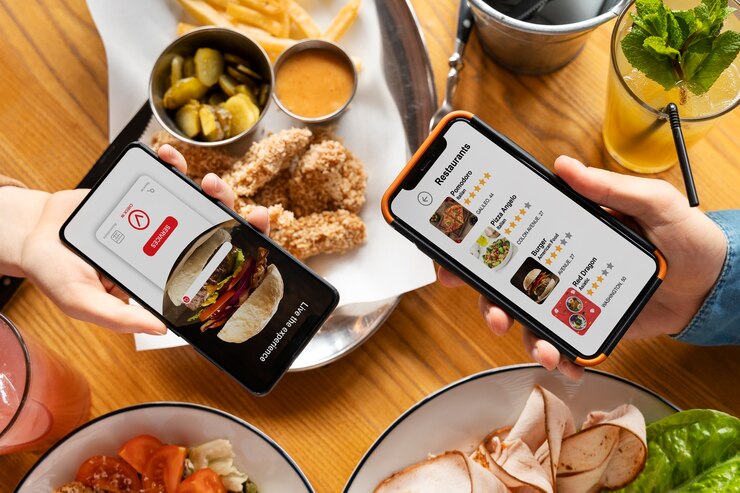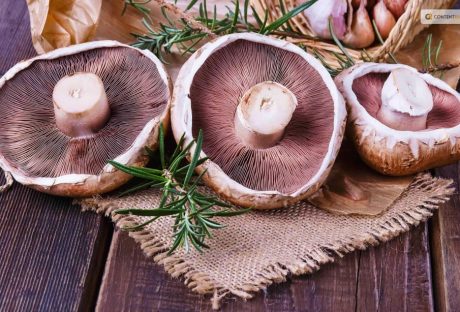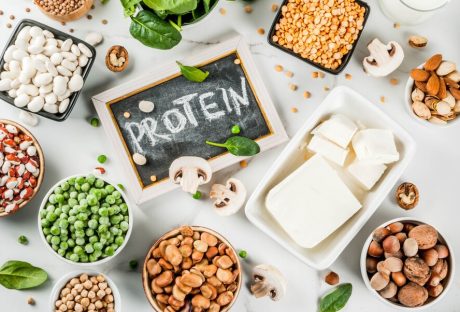Today’s fast-paced world has made convenience and quality truly paramount, even when it comes to sourcing the freshest seafood.
Fortunately, the rise of seafood delivery services has made it easier to enjoy the ocean’s bounty from the comfort of your home. In this ultimate guide, we’ll navigate the depths of seafood delivery, helping you make informed choices and enjoy the finest catches from around the world.
Discovering The World Of Seafood Delivery
Seafood delivery is your gateway to an ocean of culinary delights, whether you’re a seafood connoisseur or a newcomer to the seafood scene. With a few clicks, you can access a diverse selection of fresh seafood, from succulent shrimp to mouthwatering lobster, delivered straight to your doorstep.
Selecting The Right Seafood Delivery Service
When embarking on your seafood delivery journey, choosing a reputable service prioritizes quality, sustainability, and customer satisfaction is crucial. Consider these factors when selecting your seafood provider:
- Sustainability – Look for services supporting sustainable fishing practices to protect our oceans and ensure a future seafood supply.
- Variety – Opt for a provider with a wide range of seafood options to satisfy your culinary cravings.
- Quality assurance – Check if the service offers guarantees on freshness, and find out about their sourcing methods.
- Customer reviews – Reading reviews and testimonials can provide valuable insights into the experiences of other seafood enthusiasts.
Exploring Seafood Selections
One of the perks of seafood delivery is access to a vast selection of seafood varieties. From classic choices like salmon and tuna to more exotic options like sea bass and scallops, you can explore a world of flavors without leaving your kitchen.
Understanding Seafood Labels And Descriptions
To make informed choices, it’s essential to understand the labels and descriptions provided by your seafood delivery service. Key terms to look out for include:
- Wild-caught – Indicates that the seafood was harvested from its natural habitat
- Sustainably sourced – A sign that the seafood was procured in a way that ensures long-term ecological balance
- Organic – Denotes that the seafood was raised without synthetic additives or antibiotics
- Fresh vs. frozen – Consider whether you want fresh seafood or if frozen options are suitable for your needs
Placing Your Order
Once you’ve selected your desired seafood items, it’s time to place your order. Most seafood delivery services offer user-friendly websites or apps, making the ordering process quick and convenient. Double-check your order details, address, and preferred delivery date to ensure a seamless experience.
Delivery And Handling
When your seafood delivery arrives, handle it with care. Follow these steps to maintain the freshness and quality of your seafood:
- Inspecting the packaging – Ensure that the packaging is intact and well-chilled.
- Storage – Store your seafood in the refrigerator or freezer according to the provider’s instructions.
- Cooking freshness – Plan your meals to use fresh seafood within a few days of delivery for optimal taste and texture.
Culinary Adventures With Seafood
With your fresh seafood, it’s time to embark on culinary adventures. Whether you’re grilling, baking, sautéing or steaming, there are countless recipes to explore. From classic seafood paella to spicy shrimp scampi, the possibilities are endless.
The Seafood Delivery Experience
In your seafood delivery journey, you’re engaging in a culinary experience that brings the ocean to your plate. As you explore different flavors and cooking techniques, you’ll develop a deeper appreciation for the world of seafood.
Seafood delivery services offer a gateway to the bountiful world of fresh seafood. By selecting the right provider, understanding seafood labels, and handling your delivery with care, you can enjoy high-quality seafood dishes in the comfort of your own home.
Read Also:
- How Restaurant Space Landlords Can Be Successful
- 6 Tips to Maximize Refrigerator Use in Your Restaurant






















